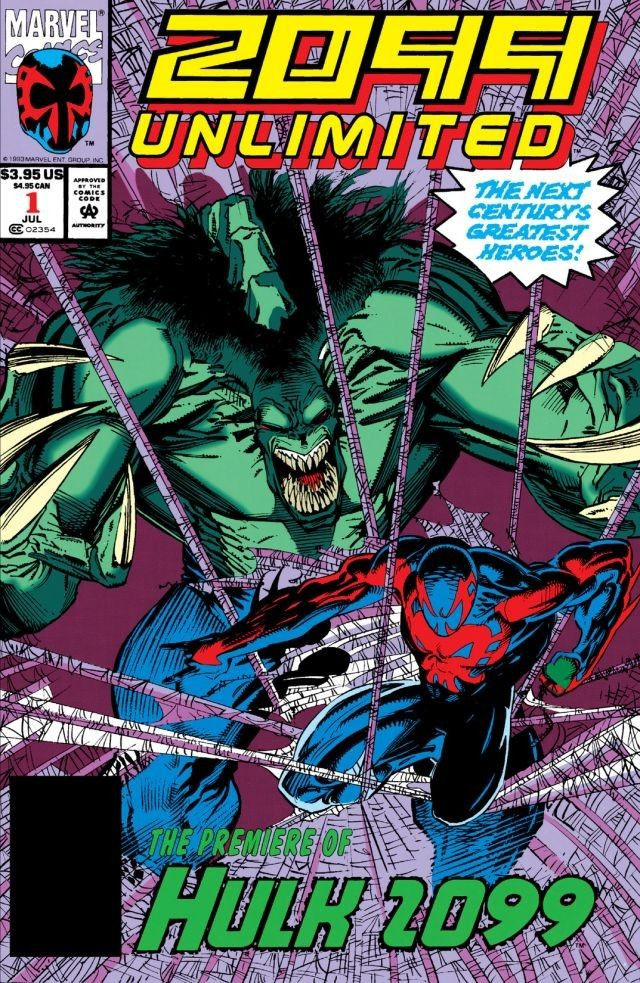A famous aspect of American culture is the myths of the taming of our wild west. Another famous although less fortunate aspect of our culture would be our spoiled past with the slave trade. When combined these two faucets of American culture make for quite the breaking of stereotypes. DJango: Unchained, a film by Quentin Tarantino is a breaker of such stereotypes.
In the mythological American West most cowboys were white men, sometimes you would have an occasional Mexican or Native American, but the majority of the heroes of the wile west had pale skin.
Django turned that all around. As a former slave he becomes a bounty hunter, hunting down white men for the bounties placed on their heads. Instead of him being the one running from the white man, he is the one chasing them down. An ironic scene in the movie is when Django is hunting down a group of brothers who are hiding out on a plantation. Well Django takes the opertunity to show one of the brother just how much the leather whip hurts. He turns the tables on slavery and takes charge.
Django is doubly surprising because he is an African American cowboy. The towns people are all shocked and confused when they see him riding about on top of a horse. At the plantation they visited, the owner even mentioned that it was illegal for a black man to ride a horse. Django didn't care, he was a cowboy and he had earned his freedom. He had just as much a right to be a top a horse as any man.
Spike Lee, the director of Bamboozled, would probably appreciate the originality of Django. He would like how the character strikes back against his oppressors and how he does not get used. Django fights against his suppressors and a society that sees him as a lesser. Django does not give up although the odds are against him, he keeps moving on because he must accomplish his goal and free his wife from the same oppression he so luckily escaped. Django is the image of a strong black man far from the bumbling buffoonery of minstrelsy, Spike Lee would definitely approve with pride.
Showing posts with label Racial Stereotypes. Show all posts
Showing posts with label Racial Stereotypes. Show all posts
Sunday, February 21, 2016
The African American Cowboy
Labels:
African American,
cowboys,
Django,
ethnicity,
films,
movies,
race,
Racial Stereotypes,
stereotypes
Spider-Man 2099: Combating Hispanic Stereotypes
 |
| The cover art for issue #1 of Spider-Man 2099 (Image Source) |
Even though this is a future version of Spider-Man, this one isn't Peter Parker. I assume all of you know who Peter Parker is, because if you don't, I have to assume you've been living under a rock for the past 20 years. Spider-Man 2099 is actually a half Irish, half Hispanic man named Miguel O'Hara. Miguel worked as a scientist for a major corporation named Alchemax, which controls most of Nueva York (the 2099 version of New York). He's unhappy at the company and feels they are extremely corrupt. In an effort to stop him from leaving Alchemax, somebody from the company slips him a hallucinogen that bonds to your DNA. Trying to rid himself of the hallucinogen, Miguel attempts to perform a procedure that would revert his DNA back to it's original state. However, somebody tries to sabotage him, and ends up splicing his DNA with that of a spider, giving him even more spider-like powers than the original Spider-Man (he has organic webbing and talons on the end of his fingers).
 |
| 2099 Unlimited #1, featuring Spider-Man 2099 and Hulk 2099 (Image Source) |
What makes Miguel so unique is that he's not only the first Latino representation of Spider-Man, but he also avoids falling to the many stereotypes associated with Hispanics in popular culture. Miguel is a well spoken, intelligent man (as I mentioned before, he's a scientist). According to the Cobbina article, Hispanics were seen as crack users during the '80s. As such, Hispanics were often seen and portrayed as criminals within popular culture. O'Hara presents us with the exact opposite: a crime fighter. Considering this series was released in 1992, it was very close to the time where these Hispanic stereotypes were at their height. Spider-Man 2099 not only exists as just a futuristic version of Spider-Man, but also to help combat this stigma against Hispanics and how they are always portrayed as some sort of criminal or drug user.
The series was cancelled after 46 issues. However, Miguel was brought back in 2014 in Daniel Slott's Superior Spider-Man, due to demand for the character to return. This lead to Spider-Man 2099 getting his own brand new ongoing series, and he is now proving to be more popular and more relevant than ever before.
Subscribe to:
Posts (Atom)